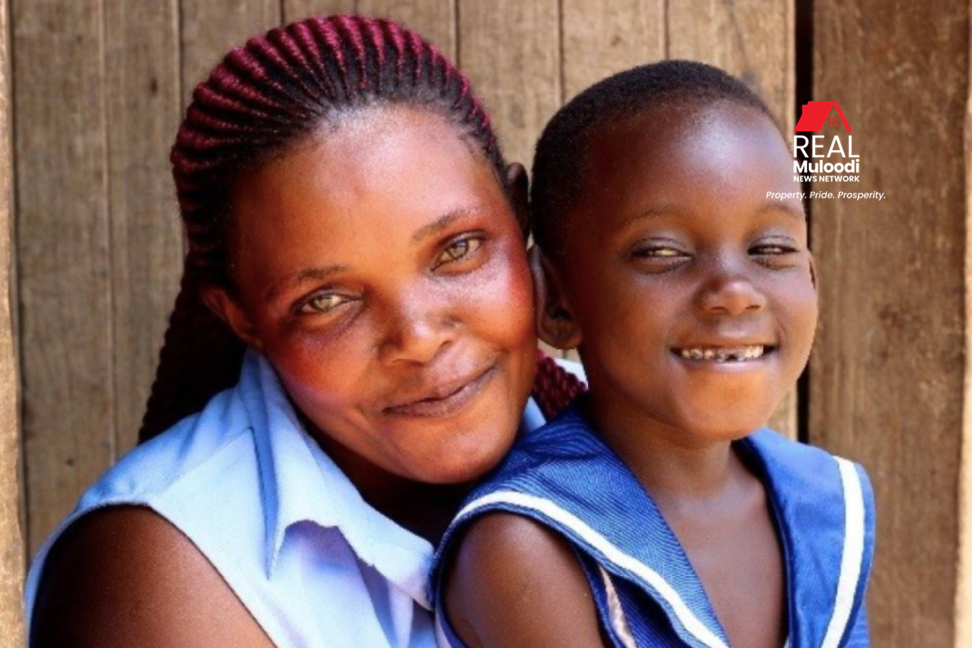UGANDA, Mukono | Real Muloodi News | A recent study by the International Justice Mission (IJM) revealed that in Mukono County, nearly a third of Ugandan widows experienced land grabbing. The majority of Ugandans live in rural areas, and many of these residents depend on subsistence agriculture. Land ownership and access to land are essential for survival. Land grabbing threatens the lives of widows and their ability to make ends meet.
The same study showed that about half of land grabbing incidents were violent. Almost 18 per cent of widows interviewed reported attempts were made on their lives, while 31 per cent had threats made against their children.
IJM has helped over a thousand Ugandan widows in dangerous land grabbing situations, like Juliana, a 70-year-old widow. In her case, a man threatened her for over a year, claiming that because she is a woman, she had no rights to the land her husband bequeathed her. The man even went as far as attacking Juliana with a machete, causing her injury.
The 2015 World Widows Report states that “notwithstanding the extreme poverty, starvation, rape, HIV/AIDS, armed conflict, seizure of homes and possessions, and social exclusion they face, the deprivation of widows has largely been invisible to policymakers and the public.”
Holly Burkhalter writes about Proscpvia, a young widow with three children who lost her husband to cancer in 2013. After the death of her husband, Mrs Proscovia’s cousin-in-law chased her from the land she rightfully owned. Her late husband’s cousin beat her and tried to strangle her. It was only until a passerby intervened that the assault stopped.
The law entitles widows to inherit property from their late husband’s estate. In fact, in the Succession Amendment Act that was passed by the Parliament of Uganda on April 30, 2021, lawmakers increased the entitlement of a widow from 15 per cent to 50 per cent of her deceased husband’s estate.
The Amendment Act recognizes a widow’s contributions to properties acquired by the husband either in his lifetime, their marriage or after the husband’s death.
In another safeguard to women, a husband cannot grant the marital property to another person without the consent of his wife.
Many customs and practices are disadvantageous to widows. Joan Atukunda writes, “in some regions in Uganda, widows are furthermore denied their right to administer their late husbands’ property, which is unlawful. The law gives a widow first priority to administer the estate of her late husband before any other relative to the deceased. In other societies, such as the Karamoja sub-region, widows themselves are considered to be property.”
Most clan leaders and elders believe that the ownership of property should remain within their clans. But after a woman’s husband dies, she may get remarried to someone from a different clan. Therefore, clan members opt to deny the widows a share of their late husbands’ property. Alternatively, they may force widows to remarry another person in their late husband’s clan, which is also against the law.
Widows must know their rights, but it is also vital that they have access to the formal justice system. Local officials and police must enforce widow’s rights in the community. Additionally, customs based on harmful gender norms should not supersede the Constitution or other laws.
John Wamala reports that the Ministry of Lands acknowledged that when it comes to land ownership and control, there are gender gaps. The Ministry of Lands in Uganda has promised to address these challenges.
In an interview with NTV Uganda, the spokesperson of the Ministry of Lands, Mr Dennis Obbo said that the Constitution had outlawed most of the harmful cultural practices when it comes to land ownership and that sensitisation, especially of traditional institutions, has resulted in a positive change.
Call 0 800 100 004 to report cases of illegal Land evictions, incidents of corruption and bribery; delayed land transactions, general poor service delivery and absenteeism within the Lands Ministry.
READ MORE LIKE THIS:
The Government’s Drive to Certify Customary Land Meets Culture Clashes
The Struggle of Ugandan Widows: The Right to Inherit Property



